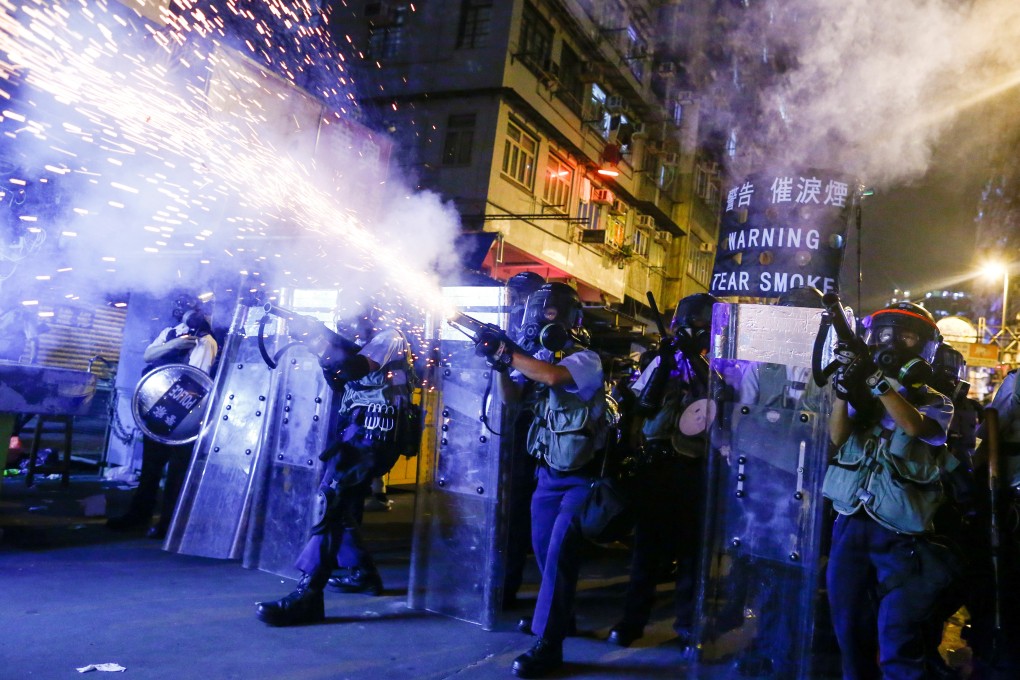US lawmakers vow ‘swift consequences’ if Chinese military cracks down in Hong Kong
- State Department expresses ‘staunch support’ for freedom of expression and peaceful assembly in wake of pro-democracy demonstrations
- Politicians from both parties speak out in the wake of Donald Trump’s apparent reluctance to take a strong stand on the turmoil

The US State Department said on Wednesday that it was “deeply concerned” by reports of Chinese forces massing on the border with Hong Kong and urged Beijing to respect the territory’s autonomy. A US congressional committee also promised “swift consequences” for any military crackdown amid continued pro-democracy demonstrations.
The statement by a State Department spokeswoman cited “staunch” support for freedom of expression and freedom of peaceful assembly in Hong Kong. The lawmakers’ statement, co-authored by House Foreign Affairs Committee Chairman Eliot Engel, referred to Beijing’s bloody Tiananmen Square crackdown in 1989 and dovetailed with comments by China experts.
The bipartisan comments were significantly more forceful than those made recently by US President Donald Trump.
“Thirty years after the Chinese Communist Party’s (CCP) brutal massacre of peaceful democratic protesters in Tiananmen Square, we are concerned that China would consider again brutally putting down peaceful protests,” said Engel, a Democrat, and the committee’s lead Republican, Representative Michael McCaul.
“We urge China to avoid making such a mistake, which would be met with universal condemnation and swift consequences,” they added.
On Tuesday, Trump seemed to adopt a neutral stance toward the protests, telling reporters he hoped the “very tricky” situation in the territory “works out for everybody including China. I hope it works out peacefully, nobody gets hurt, nobody gets killed.”
Trump has displayed little concern over human rights, either for the people of Hong Kong or for human rights more generally, making it all the more important that other US voices speak out forcefully in support of the territory’s autonomy, according to Jerome Cohen, a China scholar with the Council on Foreign Relations and law professor at New York University.